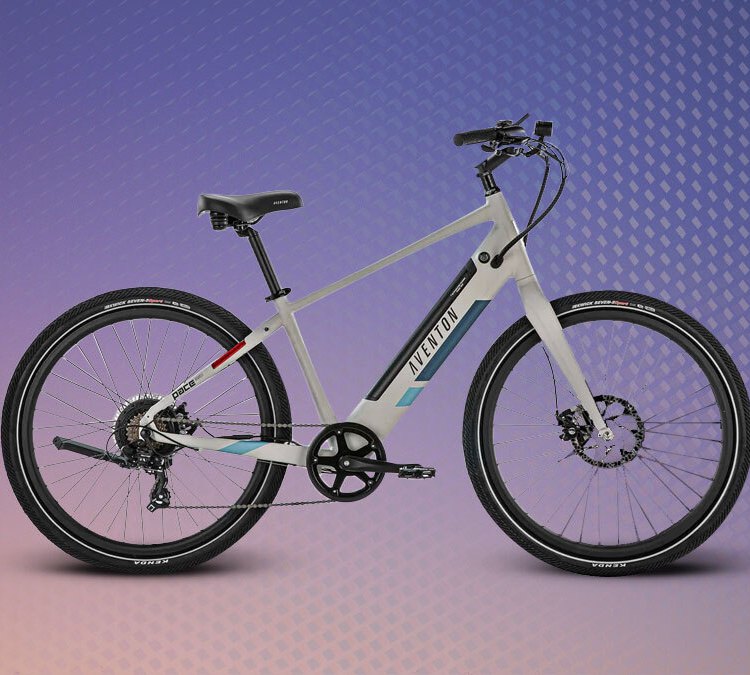Good news: You can now legally hack your own car.
Question: Why would you?
Surprisingly, for safety.
Last week, the FTC authorized changes to the Digital Millennium Copyright Act that will allow Americans to hack their own smart cars. According to Engadget, this is similar to a 2014 revision to the act that allowed owners to unlock their own smartphones; access to your own car, thermostat and tractor, however, were not allowed until last Friday’s ruling.
And yes, we said tractors: last year, John Deere told the Copyright Office that farmers technically don’t “own” their own tractors, they license them. So any attempt to study, fix or tinker with the programming in a vehicle was considered illegal.
But now you can tinker, at least for a two-year trial run. That said, don’t think this is an A-OK to do a digital “Pimp My Ride” — this revision is more about finding security vulnerabilities or repairing your own vehicle. A lot of car companies have come out against FTC decision, but Tesla isn’t — they’re even offering a $10,000 “bug bounty” to uncover security flaws.
Meanwhile, it’s still illegal to tinker or modify a device that you don’t own and didn’t legally acquire, so malicious car hacking is still a crime (although your fear of hacked cars might be overblown, at least for now).
So go ahead and get under the hood. Er, well, the mainframe. Whatever it’s called.
We didn’t say we know how to hack your car.
But let us know when you figure it out.
This article was featured in the InsideHook newsletter. Sign up now.





















